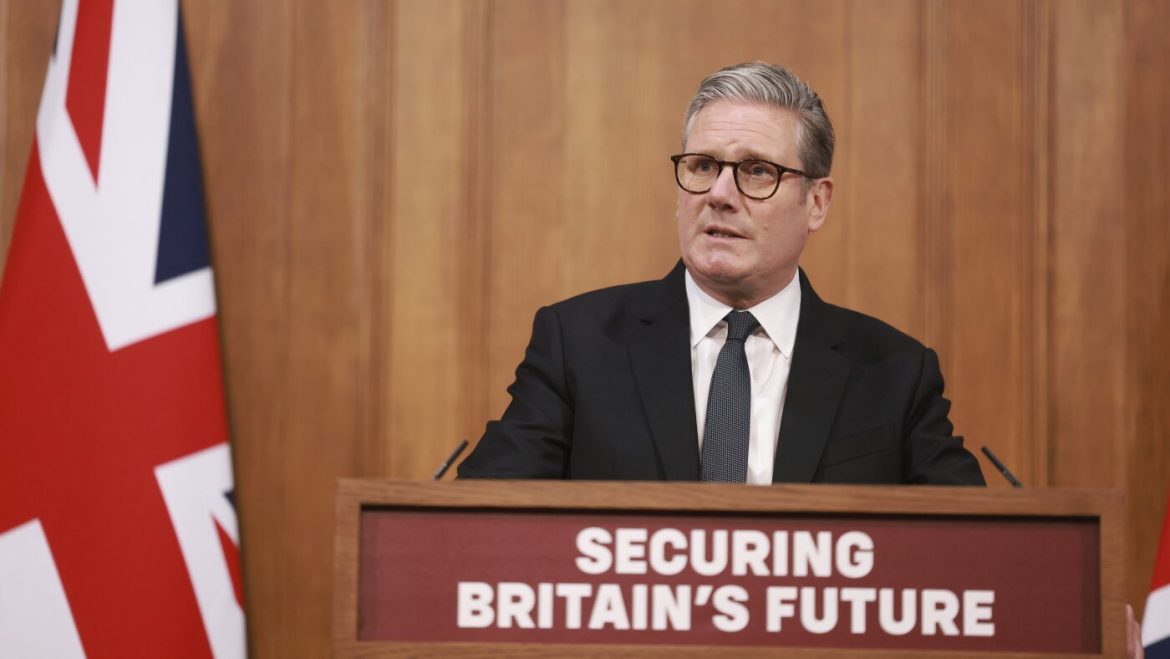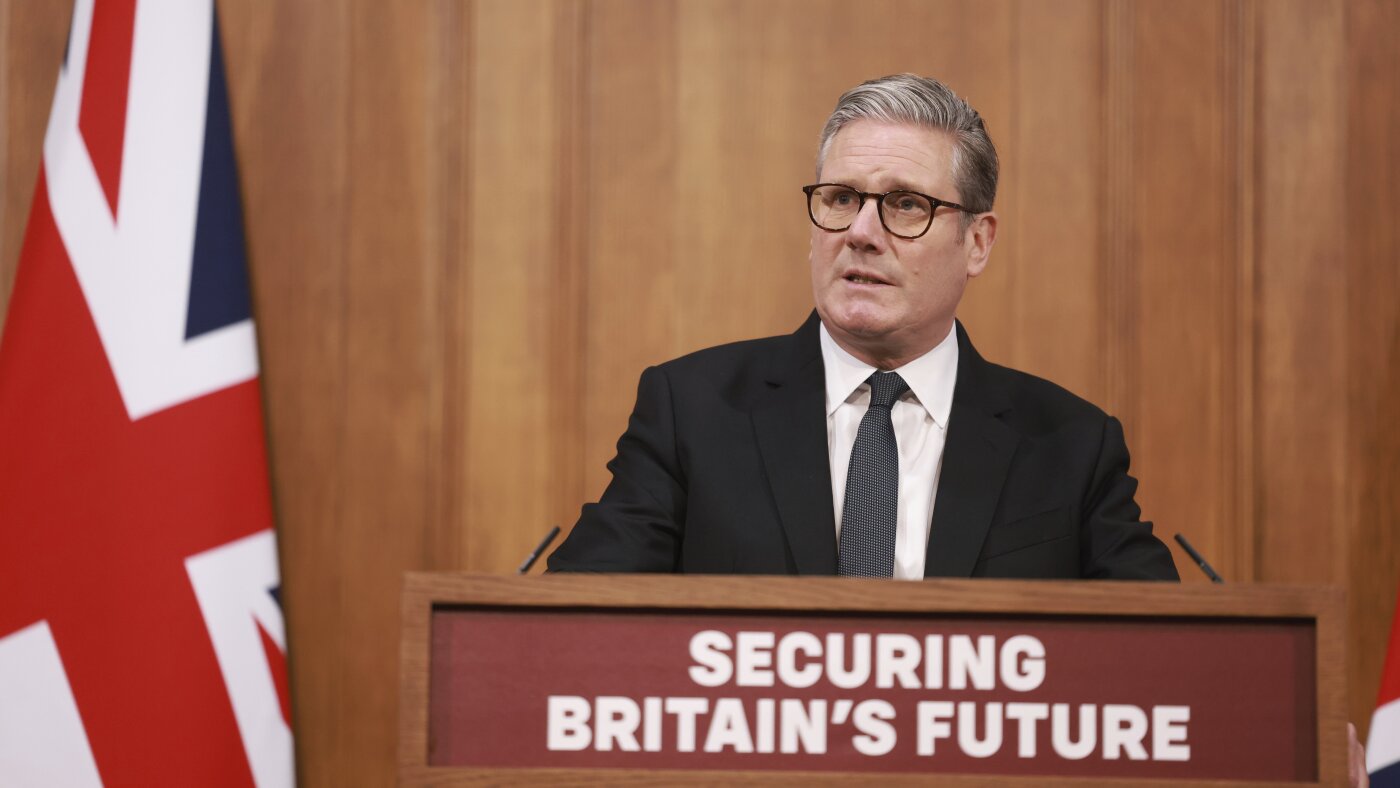The U.K.’s Shift in Immigration Policy
A New Era of Immigration Control
The United Kingdom has embarked on a significant shift in its immigration policy, with Prime Minister Keir Starmer vowing to end what he terms a “failed experiment in open borders.” This declaration marks a pivotal moment in the U.K.’s approach to immigration, signaling a return to stricter controls and a more selective visa system. The new measures aim to reduce the number of immigrants entering the country and to make it more challenging for individuals to settle permanently.
The Rationale Behind the Change
The decision to tighten immigration rules is driven by several factors, including voter frustration over high levels of immigration and the perceived failure of previous open-border policies. Starmer’s administration has described the current immigration situation as a “squalid chapter” in Britain’s history, suggesting that the unrestricted flow of immigrants has led to various social and economic challenges. The new policies are part of a broader strategy to “take back control” of the country’s borders, a phrase that resonates with the U.K.’s Brexit narrative.
Specific Measures and Their Implications
The new immigration rules focus on several key areas:
Political Context and Public Opinion
The new immigration policies come at a time when the U.K. is facing significant political pressures. The rise of Reform UK, a hard-right party led by Nigel Farage, has added urgency to the government’s efforts to address immigration concerns. Reform UK’s victories in local elections have highlighted the growing voter dissatisfaction with high immigration levels, prompting Starmer’s administration to take decisive action.
Economic and Social Impact
The economic implications of these changes are multifaceted. On one hand, reducing the number of immigrants could lead to labor shortages in certain sectors, particularly those that rely heavily on foreign workers. On the other hand, it could also encourage businesses to invest more in training and developing local talent, potentially boosting the domestic workforce’s skills and productivity.
Socially, the new policies could alleviate some of the pressures on public services and infrastructure, which have struggled to cope with the influx of immigrants in recent years. However, there are also concerns about the potential for increased xenophobia and social division, as stricter immigration controls could be perceived as a rejection of diversity and multiculturalism.
Conclusion: A New Chapter in Immigration Policy
The U.K.’s decision to end its “failed experiment in open borders” marks a significant turning point in its immigration policy. While the new measures aim to address voter concerns and reduce the strain on public services, they also raise important questions about the future of the U.K.’s workforce, economy, and social fabric. As the government implements these changes, it will be crucial to monitor their impact and ensure that they are balanced and fair, promoting the well-being of both the U.K.’s residents and its immigrants.


